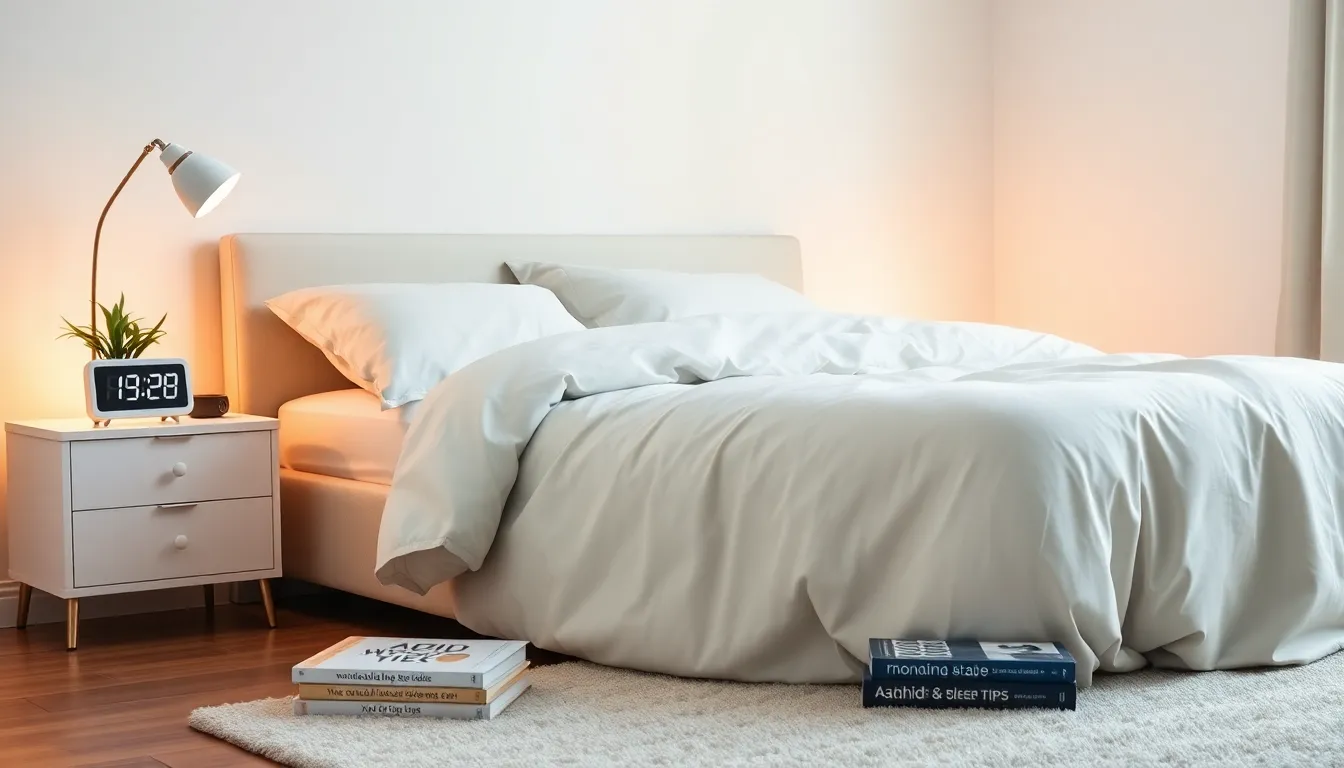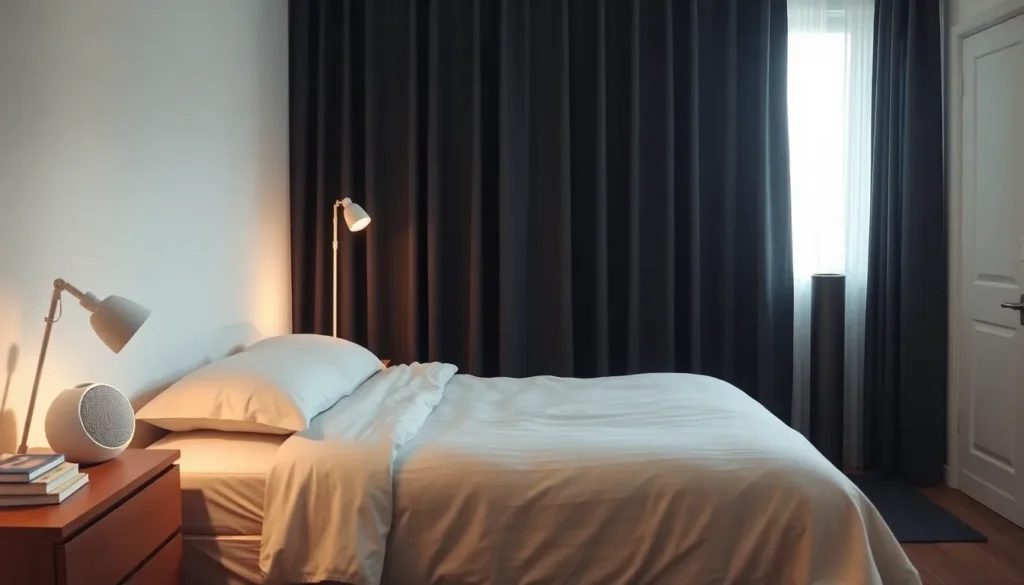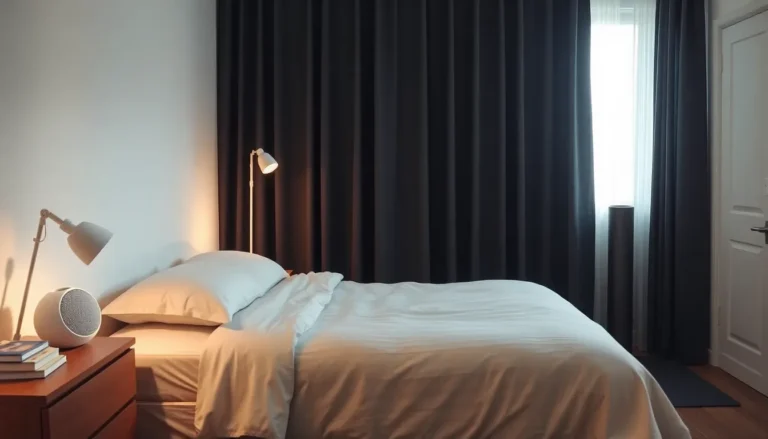Ever wonder why your sleep feels like a game of hide and seek? For many individuals with ADHD, hitting the bed can often feel like wrestling a wild octopus. Juggling racing thoughts, restlessness, and nightly distractions tends to turn sleep into a daunting challenge. Fear not. This guide serves up practical and humorous sleep tips tailored for those managing ADHD. Let’s transform your bedtime struggles into a peaceful nightly ritual, shall we?
Table of Contents
ToggleUnderstanding ADHD and Sleep Challenges

Attention Deficit Hyperactivity Disorder (ADHD) can significantly affect sleep patterns. Individuals often face unique sleep challenges. For example, racing thoughts might keep them awake, while impulsivity makes it harder to settle down. In fact, studies show that over 70% of people with ADHD struggle to get enough quality sleep. Factors like anxiety and irregular sleep-wake cycles frequently exacerbate the issue. Understanding these challenges is crucial for developing effective sleep strategies.
The Importance of Sleep for Individuals with ADHD
Sleep plays a pivotal role in overall well-being, especially for anyone navigating life with ADHD. It’s not just about recharging batteries: sound sleep enhances concentration and emotional regulation. Studies indicate that lack of adequate sleep can amplify symptoms of ADHD, including impulsivity and difficulty focusing. So, when someone with ADHD gets better sleep, they often find improvements in mood, attention, and behavior. This illustrates how crucial quality sleep is to enhancing day-to-day functioning.
Practical Sleep Tips for Better Rest
Finding strategies that work can transform the sleep experience. Let’s jump into practical tips designed specifically for enhancing sleep for individuals with ADHD.
Creating an ADHD-Friendly Sleep Environment
Setting the right mood is key. Start by decluttering the bedroom: a tidy space promotes a calm mind. Consider blackout curtains to block light and white noise machines to drown out distractions. Keeping electronics out of the bedroom can also help, those scrolling apps can wait until morning.
Establishing a Consistent Sleep Routine
A predictable bedtime routine signals to the body that it’s time to wind down. Setting a regular sleep schedule can stabilize the internal clock. Activities like dimming the lights or engaging in calming exercises can reinforce this routine. Encourage activities that lead to relaxation, such as reading or gentle stretching before bed.
Mindfulness and Relaxation Techniques
Mindfulness practices can help calm the racing mind. Techniques such as deep breathing or meditation prepare the body for sleep. Apps or online guided meditation sessions can offer valuable support. Engaging in these practices consistently not only sends signals for sleep but also nurtures a sense of tranquility.
Diet and Exercise Considerations
Diet and exercise can significantly influence sleep quality, especially for those with ADHD. Regular physical activity not only helps burn off excess energy but also promotes better sleep. Aim for at least 30 minutes of moderate exercise most days. But, try to avoid vigorous workouts right before bed, as they can increase alertness.
Diet is equally crucial. Eating a well-balanced diet rich in fruits, vegetables, and whole grains supports overall health. Also, avoiding large meals, caffeine, and sugar in the evening can help create more conducive sleep conditions. Staying hydrated is essential too but consider limiting liquid intake before bedtime to minimize nighttime awakenings.
When to Seek Professional Help
Sometimes, even though best efforts, sleep issues persist. It may be time to consult a healthcare professional. Persistent insomnia, severe daytime fatigue, or a sudden increase in ADHD symptoms may warrant a closer look. Specialists can provide additional insights and potential treatments, including cognitive behavioral therapy for insomnia (CBT-I) or medication adjustments. Seeking help is not a sign of weakness but rather a step toward improved well-being.




